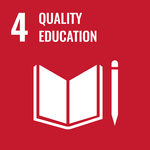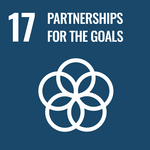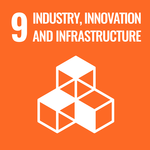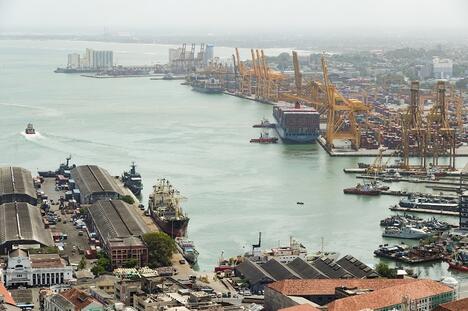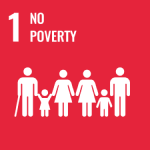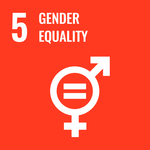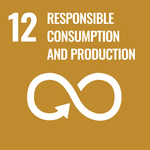AIM for Results: Improving TISI performance and measurement (Phase I)
Sustainable Development Goals
<p>AIM for Results is an intervention approach that strengthens the performance, efficiency and effectiveness of TISIs and builds their capacity to provide more effective support to the internationalisation needs of their clients, especially small and medium-sized enterprises (SMEs).</p><p>AIM stands for Assess, Improve and Measure. It is a holistic and targeted integrated three-step-approach focusing on measurable results in order to improve the managerial, operational and service delivery performance of TSIs. The three pillars of AIM are offered either as a single module or as a complete performance improvement programme, depending on the needs of the beneficiary institutions.</p><p> In 2017, the project aims to improve the operational and managerial performance of 40 TISIs applying ITC’s AIM For Results methodology.</p>





